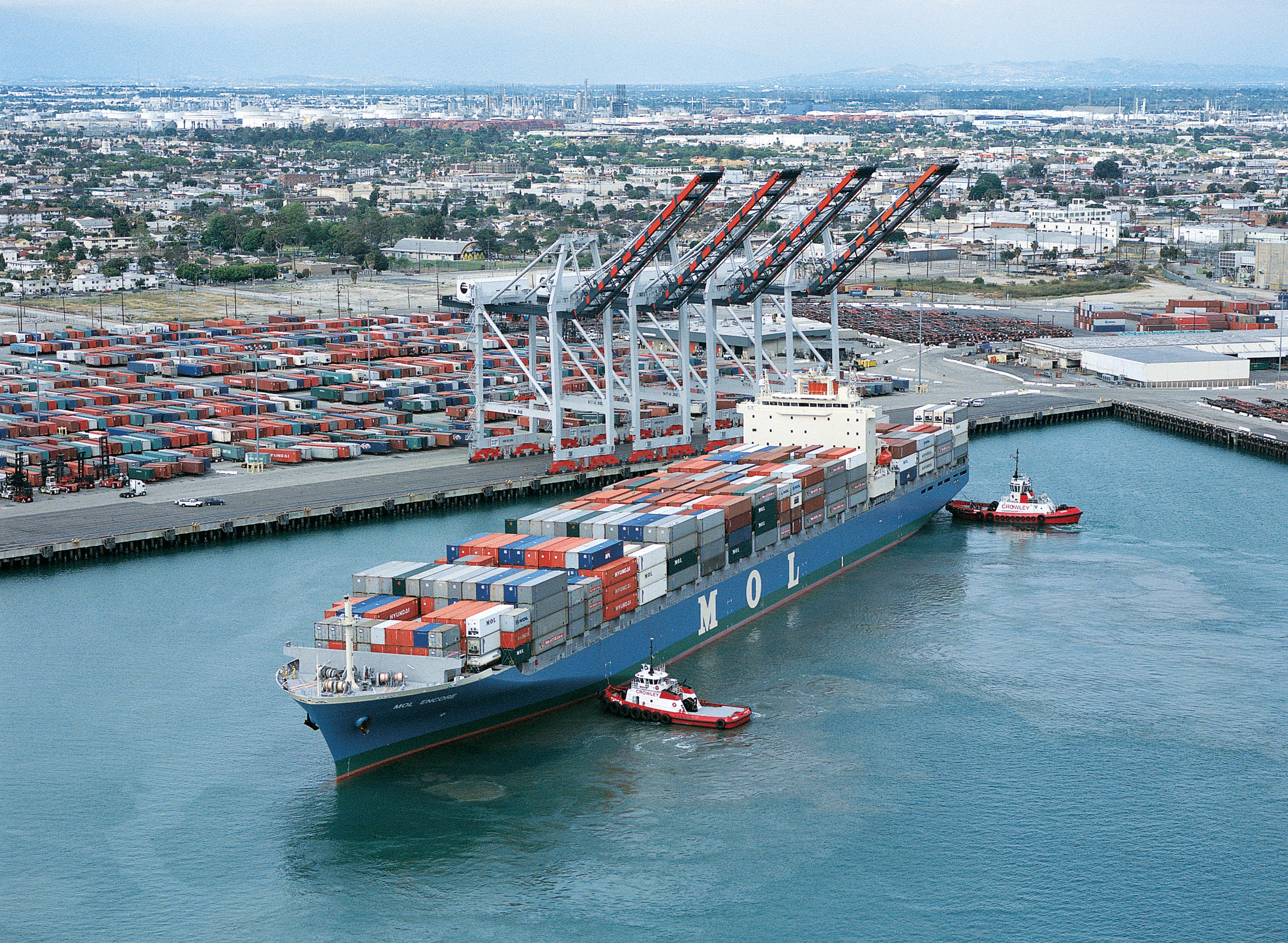Logistics

October 5, 2024
Leibowitz: Thorny issues remain as ILA-USMX talks kicked into 2025
Written by Lewis Leibowitz
On Thursday, the International Longshoremen’s Association (ILA) and the US Maritime Alliance (USMX), representing carriers and port operators on the East and Gulf Coasts, announced a three-and-a-half-month extension of the recently expired collective bargaining agreement.
The extension kicks the can down the road until Jan. 15, 2025, after the 2024 election and the certification of the results on Jan. 6.
The extension grants (at least temporarily) a $24-per-hour increase in income for ILA members. (Top pay would increase over six years to $63 per hour). But the issues that gave rise to the strike remain.
Longshoremen are very well paid. They work only part of the time because the number of longshoremen vastly exceeds the ports’ labor requirements. Average salaries before the strike were said to be about $150,000 per year, with much of that coming from overtime pay. Some longshoremen earn well above the average.
Not that I begrudge them that. They work hard. And they are under an increasing threat of losing jobs because of automation of the ports.
Longshore work is in transition because of automation. And it’s been that way for a long time. International shipping has been totally transformed in the last 60 years due to containerized shipping. One might assume that the huge increase in international trade over that period would add jobs, but it hasn’t. The reason—increasing mechanization of the handling of imported and exported goods.
The ports that were on strike for three days last week were primarily container ports, where longshoremen operate machines to hoist shipping containers on and off huge container ships. Goods that are not in containers (such as many types of steel and other metals) tend to arrive at ports that were not shut down by the strike. SMU reporter Laura Miller explained this in a recent article (Oct. 3).
When containers took over a large percentage of international commerce more than 50 years ago, the ILA tried to stem the loss of jobs by requiring shippers to empty the containers and then fill them up again at the ports. The picket signs at the ports from Oct. 1-3 brought back memories of the resistance to change all those years ago. The automation of ports, especially the screening of trucks and rail cars entering and exiting ports are a source of concern by the union. Some ports have installed digital scanning equipment that replaces manual inspection of containers.
Where you stand on issues like automation, of course, depends on where you sit. Issues are almost never as simple as they first appear. It may seem to some that replacing a human inspector with a digital scanner is simple progress. But an industry in transition needs to be careful that these changes don’t undermine the structure of a complex collective bargaining agreement.
The Wall Street Journal recently pointed this out by noting that there are many more dock workers than are needed. Many earn handsome salaries by not working much. That sounds wasteful—but the cities where they work need time to adjust to fewer workers on the job. The situation is similar to that of railway workers when steam locomotives were phased out in favor of diesel and electric. Many of the more modern engines had firemen on board for years after the steam engines were gone—even though the traditional job of a fireman was to shovel coal.
A protracted strike would have potentially impacted the 2024 election. President Biden declined to take action under the Taft-Hartley Act to end the strike with an 80-day “cooling off” period. But the extension of the contract and suspension of the strike had an almost identical effect.
Now that the strike has ended, the pressure is off. This is widely seen as benefiting Democrats. We’ll see.
A word about Mexico and conduit
Many issues are more complex than they appear at first glance. For example, I read with interest Barry Zekelman’s article responding to my column last month about electrical conduit from Mexico. It’s true that there is a controversy about the correct tariff classification of certain conduit.
The Court of International Trade decided that one importer’s classification was incorrect. It happened that the classification that importer chose was not covered by the Section 232 tariffs, while the classification that the court ruled to be correct is covered by the Section 232 tariffs.
Of course, no imports of product from Mexico are taxed under Section 232. Requiring the subject classification would put more product from Mexico into the “potentially taxed” category, if certain steel interests succeed in re-imposing tariffs on Mexican steel imports.
The issue remains: Should Mexican steel imports be hit with tariffs? The “surge” in imports of Mexican conduit is pretty minor, even considering the dispute about which tariff classification is correct. It’s fair to say that at least one side thinks the controversy over the right tariff classification is a legitimate disagreement about interpreting the tariff schedule. A decision is expected in the next few months out of the Court of Appeals for the Federal Circuit.






